Responsible AI Starts with Trusted Data
AI is moving fast. New models launch every week. But if personally identifiable information (PII) or protected health information (PHI) slips into your training data, your system can resurface it later — directly or through inference. Fixing that after the fact is slow, costly, and puts compliance at risk.
Old Problems, Higher Stakes
Organizations still struggle to answer basic data governance questions:
- What data do we have?
- Where did it come from?
- Who can use it?
Decades of exports, backups, and free-text fields create blind spots. Feeding large language models (LLMs) directly from those lakes is how privacy failures become breach timelines. Like SQL injection taught us, raw inputs can’t be trusted. AI pipelines need data governance from ingestion to inference.
Why Masking Isn’t Enough
Traditional masking swaps identifiers, but timestamps, device IDs, or location linkers can still re-identify people. Responsible AI requires context-aware, semantic data discovery to prevent “anonymous” data from becoming obvious.
Discovery Comes First
Regex isn’t enough. “Brown” might be a color or a last name. Effective discovery must be:
- Continuous — not one-time scans.
- Semantic — understanding context.
- Governance-driven — tracking purpose and consent.
Data collected for service delivery does not automatically grant rights to train AI models. Responsible AI pipelines must embed these checks from the start.
The Fast Path to Compliance & Delivery
Teams often skip privacy controls because they slow projects down. The solution: make discovery and enforcement the default — and faster than the workaround. With C2 Data Technology:
- Discovery and consent are embedded in the flow.
- Sensitive data is safe to use in minutes, not weeks.
Conclusion
You shouldn’t have to choose between compliance and innovation. Responsible AI starts with trusted data. Build governance into the pipeline, prevent PII/PHI from entering training data, and ensure your models ship fast — and stay safe.
For more insights, listen to Episode 1 of our podcast, “Privacy by Design: Responsible AI Starts With Trusted Data.”
